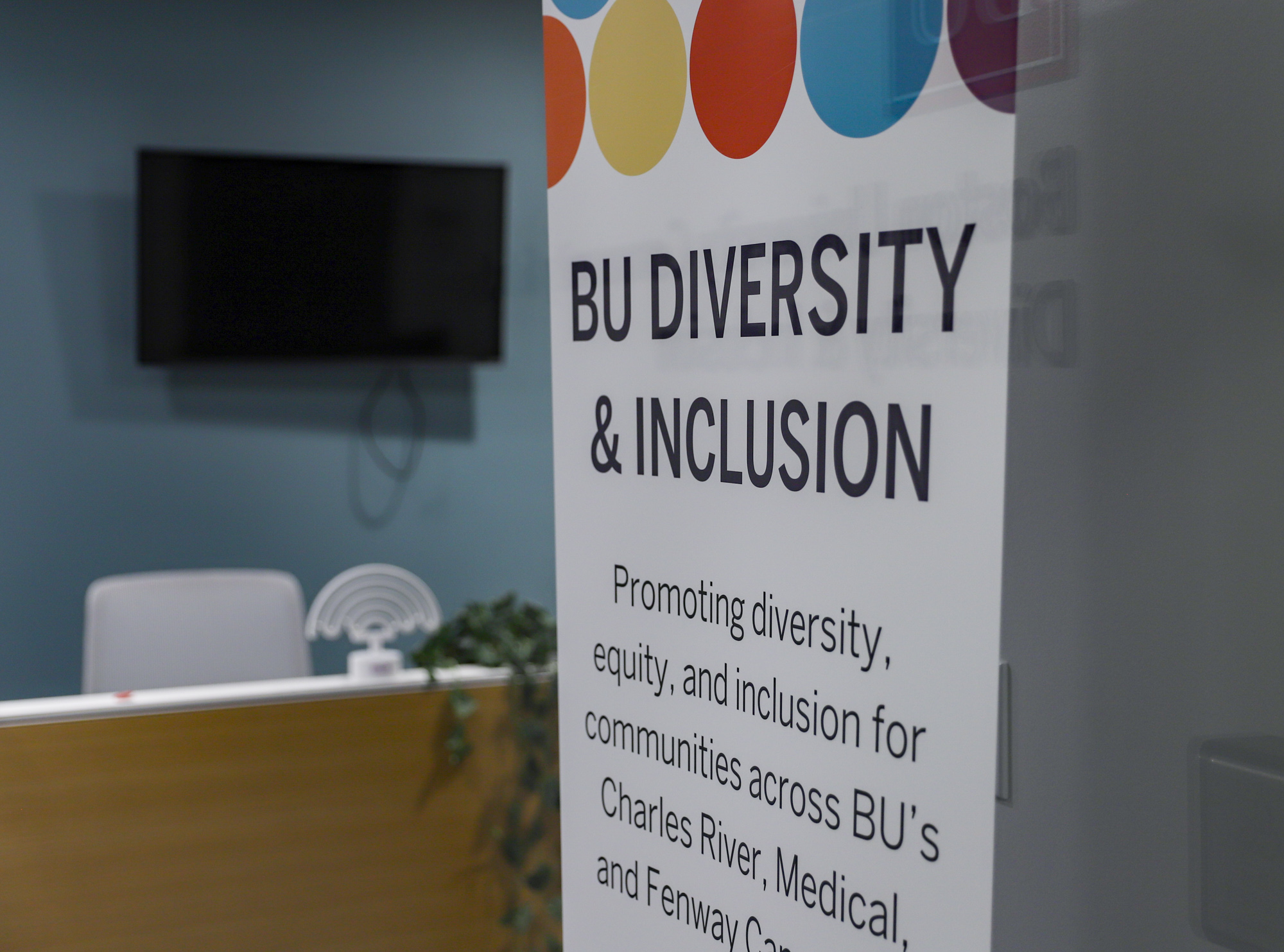President-elect Donald Trump’s plans to reform higher education are sparking concerns about diversity, equity and inclusion at Boston-area universities.

The former president and his allies promised to “reclaim” higher education from “woke” universities they claim radicalized youths against the U.S.
Boston University has admitted students regardless of their backgrounds since its founding in 1839. This tradition of DEI continues today, with a diverse student body and a dynamic liberal arts curriculum.
Trump said in a campaign video last year he would remove “Marxist DEI bureaucrats” from universities. To do this, he plans to employ the college accreditation system, a peer review process to ensure colleges and universities meet academic, financial and institutional standards.
“Accreditation is a warranty that the educational content provided by the institution is worthwhile,” said Peter Wood, president of the National Association of Scholars.
Many Boston-area universities, including BU, incorporate commitments to diversity in their mission statements. Regional accreditation agencies, like the New England Commission of Higher Education, enforce these commitments.
Wood, who previously served as chief of staff to the president at BU, said accreditation has come to enforce a left-wing political agenda.
Private regional agencies grant accreditation, but accredited schools must also attain federal approval, which the Secretary of Education can withdraw any time. Without accreditation, schools cannot qualify students for federal financial aid.
Trump’s plans for higher education include diminishing academic programs deemed “woke,” namely liberal arts studies.
Project 2025, a conservative framework for Trump’s second term, proposes de-emphasizing “area studies,” programs examining geographical culture and often incorporating political science, literature and history.
Kyna Hamill, director of BU’s Core Curriculum program, which examines historical texts through cultural lenses, said Core’s work remains relevant.
“We’re reading Plato’s Republic right now and learning about early ideas of government, democracy, tyranny,” said Hamill. “These are really important questions to be having right now.”
In a September video from Agenda47, Trump’s policy playbook for the next four years, Trump listed ten principles to achieve great schools.
The third promises classrooms will focus not on “political indoctrination,” but on teaching “reading, writing, math, science, arithmetic and other truly useful subjects.” This does not include history, arts and other humanities disciplines.
Hamill said this will “be a tough four years” but emphasized the importance of liberal arts education.
“We’re reading books that are 2,500 years old, with ideas that are 2,500 years old and ideas that are going to outlive us,” Hamill said.
Hamill said these proposed changes will take Trump a long time to implement, so she chooses “not to take the bait of everything that he says until it’s done.”
Trump said he also plans to use federal civil rights law “against schools that continue to engage in racial discrimination and schools that persist in explicit, unlawful discrimination under the guise of equity.”
Dan Farbman, an associate professor at Boston College Law School, said Trump’s interpretation of civil rights law could potentially restrict students’ freedoms of speech and protest.
Farbman said some have argued allowing pro-Palestine protests on campus, for example, could be seen as violating the rights of pro-Israel students.
“If you’re afraid that you’re going to have your federal money taken away from you because you’re allowing for protests, well, you might crack down on campus protests,” Farbman said. “The goal here is a kind of subordination and taming of the university.”
BU has regularly been home to student protests, including at the inauguration of the University’s first female and first Black president, Melissa Gilliam.
Gilliam wrote in October that BU “has a rich history of free speech, diversity, and dialogue across differences” when she launched the Living Our Values Project, an initiative fostering inclusivity on campus.
Jonathan Feingold, an associate professor at BU School of Law whose research focuses on anti-discrimination laws, said a history of civil rights laws are being used to limit diversity instead of promoting it.
“Trump, following the tradition of right-wing groups co-opting both the language of civil rights and the laws themselves, accuses DEI of immoral discrimination,” Feingold said.
Farbman said he disagrees that a university’s commitment to diversity is a political statement. He said the notion of diversity in higher education, including affirmative action, was introduced in the 1970s by conservative Supreme Court Justice Lewis Powell.
“To somehow code [diversity] as a politicized, radical-left term doesn’t make any sense historically,” Farbman said.
Regardless of the political affiliation of DEI, Wood said by emphasizing these beliefs, universities are not preparing students for life after graduation.
“You go out into the world beyond the college campus and expect people to be of similar mind [and] you find they’re not,” said Wood.
Feingold said universities wanting to continue commitments to DEI should not “over-comply” with federal mandates that may try to limit diversity.
“Many universities are going to have to make hard choices about where to draw the line and when it actually is important to stand up to an administration that is actively trying to both undermine university autonomy… and to undermine a key pillar of American democracy,” Feingold said.
Feingold also said students should recognize their own power.
“Oftentimes, students do have the sort of moral clarity that institutions need in moments of crisis,” Feingold said.


















































































































